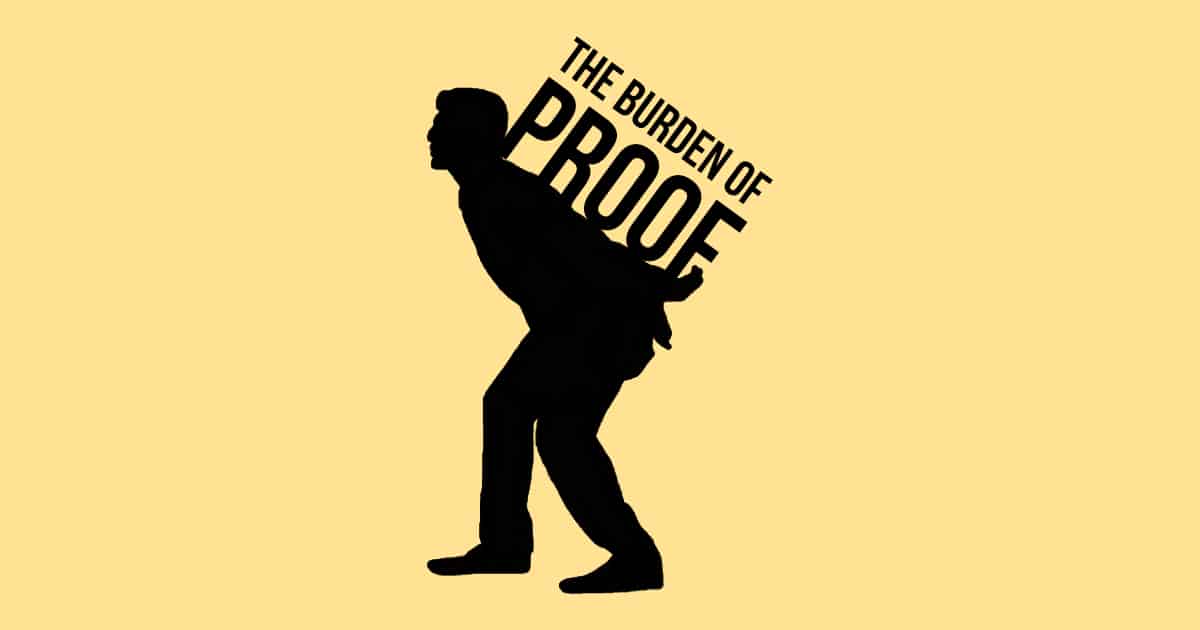Genesis and Background of the Case
This case stems from a tax dispute between Unilever Tea Kenya Limited (formerly Brooke Bond Kenya Ltd) and the Kenya Revenue Authority (KRA), specifically the Commissioner of Domestic Taxes. The applicant filed a judicial review application seeking to quash a decision dated 8th March 2007 by the Commissioner demanding VAT on “Local Sales for Export” and to compel a refund of excess input VAT totaling KES 241 million as of 1st December 2006.
The core issue was whether Unilever, as a local tea producer, was lawfully required to provide proof of export for tea sold to exporters before February 1999, given that at the time there were no prescribed conditions under the VAT Act requiring such documentation. The KRA’s subsequent demand was based on documentation that was both time-barred and legally questionable.
Background of the Case
- Sales Channels: From 1996 to 1999, Unilever sold approximately 99% of its tea through three channels: 58% via Mombasa tea auction, 34% direct exports, and 7% via local exporters; only 1% was sold locally.
- Industry Practice: Before February 1999, KRA had not issued conditions requiring producers to provide proof of export. Tea producers relied on EATTA guidelines and treated local sales to exporters as zero-rated.
- Policy Shift: KRA introduced Remission Certificates in February 1999 and backtracked by demanding proof of export for prior periods, raising a VAT assessment in December 2006.
- Amount Disputed: KRA demanded KES 682 million, comprising KES 154.6 million in principal VAT and KES 201.6 million in additional tax. Unilever contested this as retroactive and time-barred.
Appellant’s Submissions (Unilever Tea Kenya Limited)
- No Legal Requirement Pre-1999: Argued that before 26 January 1999, there was no legal obligation to maintain or provide proof of export; hence the assessment lacked legal basis.
- Time-Barred Assessment: Cited Regulation 7(6) of VAT Regulations, which only required maintenance of tax records for 5 years. The 2006 assessment covered 1996-1999, breaching the lawful limit.
- Legitimate Expectation: KRA’s continued processing of VAT refunds over the years induced a legitimate expectation that it accepted the industry practice and the documentation provided.
- Retrospective Application: Claimed that applying 1999 conditions retroactively violated established principles of legal certainty and non-retroactivity.
- Not the Exporter: Under Regulation 10(1), only exporters are required to maintain proof of export; Unilever sold to licensed exporters and was not responsible for documentation.
- Procedural Unfairness: KRA failed to act expeditiously or consistently, frequently changing its position and failing to utilize its own records to verify exports.
- Unlawful Withholding of Refunds: Asserted that KRA’s refusal to refund the KES 241 million in excess input VAT was contrary to Article 47 of the Constitution on fair administrative action.
Respondent’s Submissions (KRA)
- Proof of Export Required: Claimed that all zero-rated sales, including local sales for export, must be substantiated with export documentation under Part A, Item 6 of the Fifth Schedule.
- Remission Conditions: Pointed to the 1999 EATTA circular as standard-setting and applicable to all exporters and sellers.
- Duty Not Fulfilled: Maintained that Unilever failed to supply valid tax documents and evidence of export even after several reminders and audits, leading to confirmed assessments.
- Legal Basis for Assessments: Argued that the assessment issued in 2002 but confirmed in 2006 was based on KRA’s legitimate audit findings and followed due process.
- Refuted Industry Practice: Stressed that industry practices could not override statutory tax obligations and that zero-rating was subject to the Commissioner’s satisfaction.
- Reasonable Opportunity Provided: Claimed KRA gave ample time and requested only sample documentation from main exporters, which was not sufficiently complied with.
- No Abuse of Power: Denied any capricious or malicious conduct, asserting its actions were based on the law, and not arbitrary.
Court’s Decision – Key Points
- Retrospective Conditions Unlawful: Held that KRA could not impose conditions for zero-rating retrospectively and that Unilever had no legal duty to retain records beyond 5 years.
- Legitimate Expectation Upheld: Found that KRA’s prolonged silence, inconsistent demands, and ongoing refund processing gave rise to a legitimate expectation that its prior conduct was acceptable.
- Administrative Fairness Violated: Determined that KRA’s delays and shifting demands breached Article 47 of the Constitution and amounted to an abuse of power.
- Final Orders:
- Certiorari: Quashed the assessment decision dated 8 March 2007.
- Mandamus: Ordered KRA to refund KES 241 million in excess input VAT.
- Costs: Awarded to the applicant.
